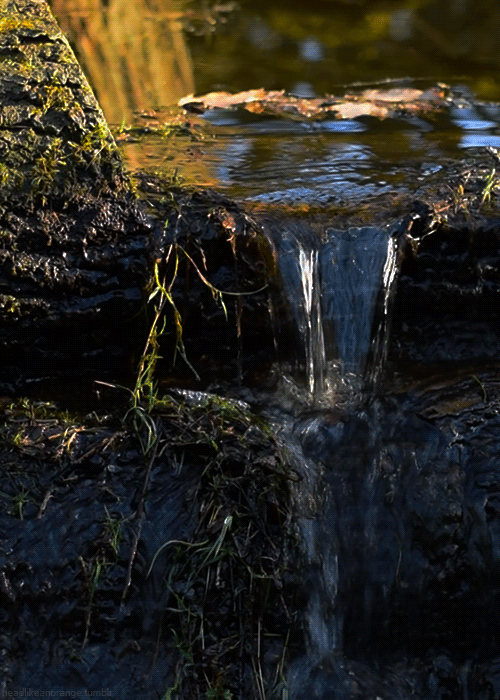
Whether we assign blame to others or ourselves, the negative emotion that accompanies blame is unskillful. Blame entails not only assigning responsibility for an unwelcome consequence, but also imputing malice or evil intent to the one performing the act.
The law of karma, as taught by the Buddha Shakyamuni, lies beyond all concepts of human morality, right and wrong, good and evil. It is merely the understanding that causes produce effects. Gravity does not intend for us to fall and hurt ourselves when we trip; fire does not intend to cause us pain when our skin is burned by a flame.
When water comes in contact with a surface, that surface becomes wet. We do not blame the water for making the surface wet –that is its nature. Similarly, when our wrong views (ignorance of the nature of self and all phenomena) and afflicted emotions (attachment, aversion, and indifference) lead us to act in unskillful ways, there is no question of guilt and blame.
The purpose of acknowledging the law of karma is instructive, not punitive. When we understand that there is a relationship of cause and effect between our actions and the consequences we experience, we are liberated from victimhood. We are no longer subject to a random universe where evil befalls us without rhyme or reason. We are free to make our own way.
We do not study the law of karma to learn the specific reasons ‘why’ something happens. That exercise is futile. We understand the law of karma in order to make the determination to place positive, skillful causes in the continuum of our experience from here onwards.
The law of karma, of cause and effect, is not meant to lead us to recrimination, guilt, and blame. On the contrary, it is the acceptance of our capacity to be free from suffering and the causes of suffering, and embrace happiness and the causes of happiness.





Recent Comments